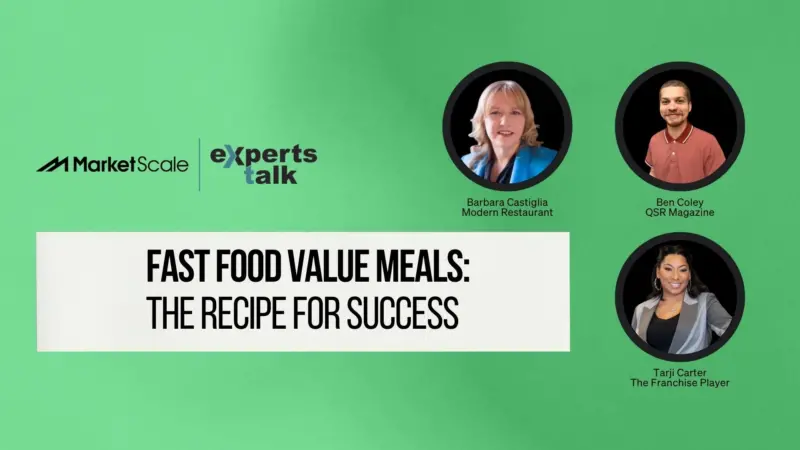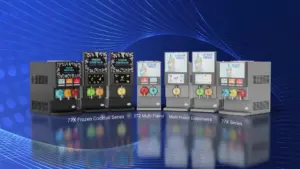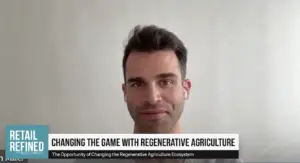Refrigeration costs are a constant pain point for grocery store owners. Between the effects of external temperatures, rising energy costs, and customers simply standing with freezer doors open for ages while making a choice, keeping products cool can be a costly endeavor. One of the options grocery store owners are turning to is the use of thermal energy storage (TES) technology.
The idea is that stores can have significant energy savings by incorporating TES into their cooling solutions. This advanced refrigeration technology involves TES cells being frozen so that they can maintain cooler temperatures when refrigeration equipment is cut off or reduced. But just how effective is the technology? To find out, Viking Cold Solutions conducted a study at several locations of an international grocery chain to determine the validity of TES cooling.
The test was made up of three experiments, testing a variety of TES integrations to evaluate their effect on energy costs. To begin with, they established baseline readings of the grocery chain’s normal energy outputs when a Hussmann Protocol rack refrigeration system is used. The readings were taken by installing Emerson E2 controls and Parasense monitoring so that accurate energy usage values could be totaled, and outside factors could be taken into account.
The first test sought only to identify the total energy usage reduction when TES systems are implemented. The TES cells were frozen at night while the refrigerator system ran, and then, during the warmer and more variable daytime hours, the TES cells were able to maintain ideal freezer temperatures while the refrigerator system remained dormant. This resulted in an overall energy usage reduction of 18%. The second test expanded on this finding by alternating between refrigeration technology during non-peak hours and TES systems in peak hours. This resulted in a massive 85% drop in power consumption during peak hours.
In the final experiment, Viking observed freezer power solutions when solar power generation is involved. They allowed the refrigeration system to run off of solar powered cells during the daytime, then let the TES cells take over during the time when sunlight was not available for power generation. They found that this resulted in an impressive 70% reduction in energy consumption.
Whether a single store or large chain, freezer and refrigeration costs can quickly build up for grocers. With such a necessary facet or your business eating into a large portion of your budget, opportunities to cut back on energy usage are increasingly important. As Viking Cold Solutions demonstrated, implementing TES technology into your cooling solutions can give you the leg up you’ve been looking for. Even on the hottest days, TES cells keep your product cool in a cost effective and energy efficient way.








